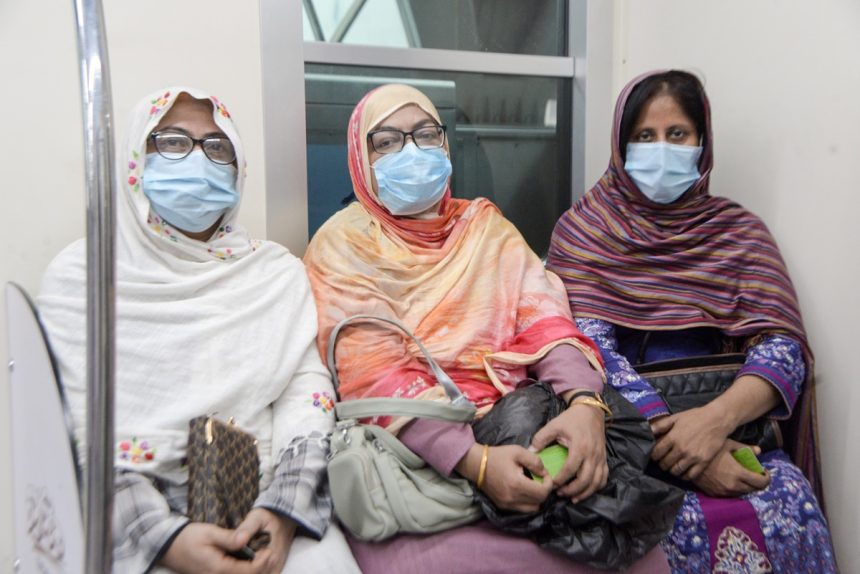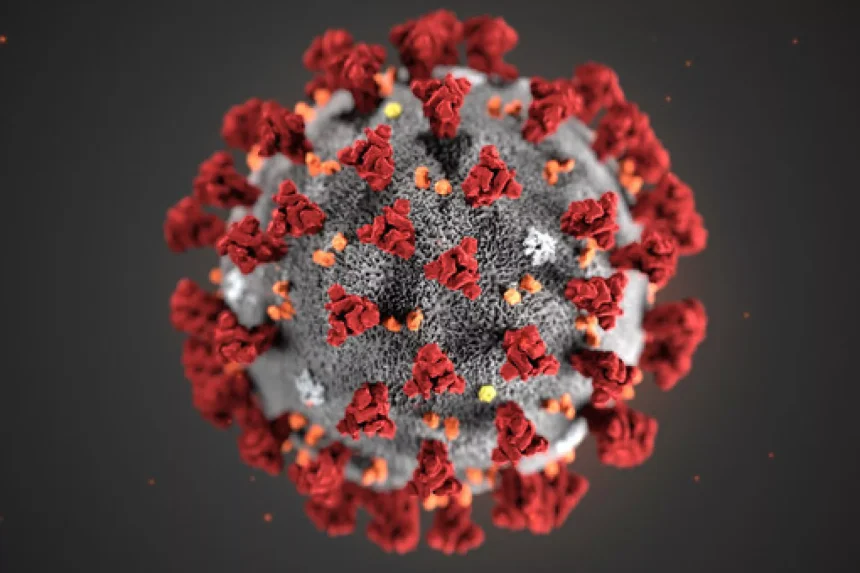Amid growing concerns over a potential resurgence of COVID-19 infections, the Directorate General of Health Services (DGHS) in Bangladesh has issued renewed directives to strengthen the country’s preparedness.
At a press conference held at the DGHS headquarters on Wednesday afternoon, Director General Dr. Abu Jafar shared updated preventive guidelines and measures being undertaken to curb the spread of the virus.
As several new sub-variants of the coronavirus have been detected globally, the DGHS has warned of the possibility of their spread into Bangladesh, particularly through international travelers. To mitigate the risk, heightened surveillance has been initiated at all land, air, and sea ports. International Health Regulations (IHR) desks at ports have been directed to enforce strict health protocols.
Speaking on the ongoing vaccination campaign, Dr Jafor said booster doses should be administered again to people over the age of 18, pregnant women, individuals above 60 and those who are immune compromised, depending on the evolving situation.
Those eligible can receive their booster shots by visiting the nearest vaccination center, he added.
The DGHS DG also requested political parties to refrain from organising rallies or public gatherings in the current situation.
Regarding the upcoming Higher Secondary Certificate (HSC) examinations, he said that a decision would be made in coordination with the Ministry of Education.
Besides, COVID-19 tests will be limited to patients exhibiting symptoms or suffering from serious health complications, said the DG.
Despite a recent surge in COVID-19 infections across the country, there is no need to test all hospital patients, he said.
“There is no requirement to test every patient. Only those with fever, cough, breathing difficulties or other clear symptoms — and those in critical conditions — should be tested. Physicians will advise accordingly,” he added.
The DGHS chief also said hospitals have been asked to submit their demand for RT-PCR testing kits, which will be distributed by Thursday.
Mentioning the evolving COVID-19 situation, the DGHS chief recommended additional vaccine doses for high-risk individuals, including pregnant women, those over the age of 60, and people with underlying health conditions.
“There is an adequate supply of vaccines in government stock for these groups,” he said.
While acknowledging the rising number of cases, Dr. Jafor urged the public not to be panic.
He outlined seven key health directives for the general public:
Avoid public gatherings; wear a mask if attendance is necessary.
Regularly wear masks to prevent respiratory infections.
Cover nose and mouth when sneezing or coughing, using a tissue or elbow.
Dispose of used tissues in covered waste bins.
Wash hands with soap and water or use hand sanitizer for at least 20 seconds.
Avoid touching eyes, nose, or mouth with unwashed hands.
Maintain a minimum distance of 3 feet from individuals showing symptoms.

To ensure a swift response in case of an outbreak, the DGHS has instructed authorities to keep COVID-dedicated hospitals ready with adequate resources. This includes ensuring the availability of vaccines, essential medicines, oxygen supplies, high-flow nasal cannulas, ventilators, ICU, and HDU facilities. RT-PCR and rapid antigen testing facilities are also being reactivated.
Furthermore, healthcare workers are to be equipped with necessary protective gear, such as KN-95 masks, PPE, and face shields. Coordination with the Ministry of Health and Family Welfare and other relevant government bodies is ongoing to ensure nationwide readiness.
With international travel being a potential vector for virus transmission, airport and port authorities have also been directed to intensify health screening and enforce safety guidelines rigorously.
The DGHS has urged all citizens to remain cautious and adhere to the health directives to prevent a possible new wave of COVID-19 in the country.


